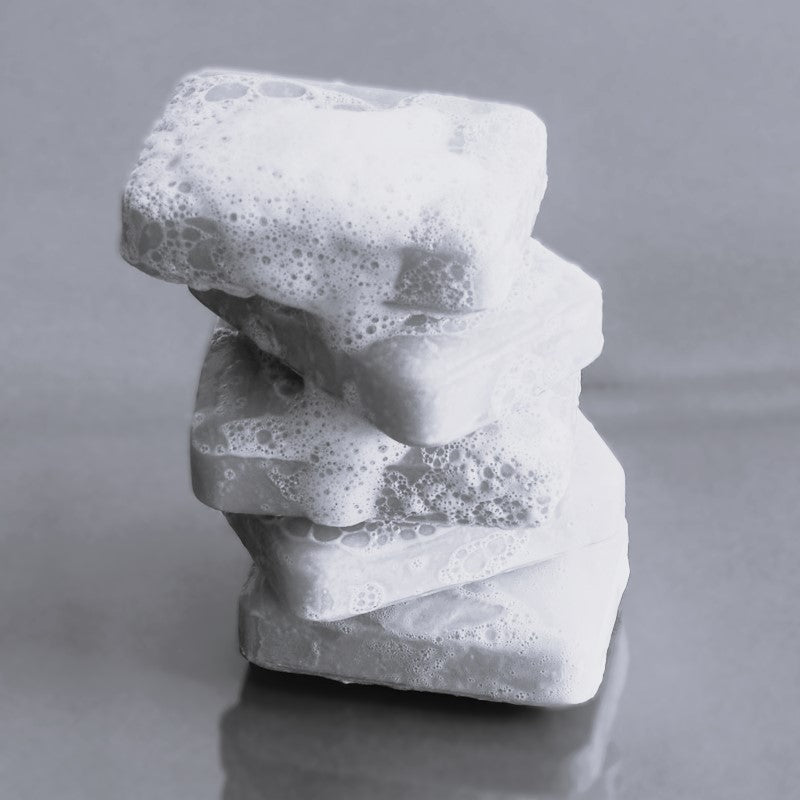
Yes, there are differences between the skin barrier on your face and body, primarily due to variations in skin structure, exposure, and function. These include:
Thickness and Sensitivity: The skin on the face is generally thinner and more sensitive compared to that on the body. This makes facial skin more susceptible to external factors like UV radiation, pollution, and harsh skincare products.
Sebum Production: The face typically has more sebaceous glands, producing sebum (oil). This can make facial skin more prone to issues like acne and oiliness, but it also means it has a natural protective lipid layer, unlike the body.
Exposure to Elements: Facial skin is almost always exposed to the environment, whereas most of the body is usually covered by clothing. This constant exposure makes the facial skin barrier more prone to damage from sunlight, pollution, and other environmental stressors.
pH Levels: The pH level of the facial skin, particularly around the forehead and nose, differ from those on the arms or legs, influencing the skin barrier’s effectiveness in these regions.
Hydration Needs: The hydration needs can differ significantly. Facial skin may require more frequent moisturizing and specific types of products compared to the body’s skin, which may retain moisture better under normal conditions.
Skin Conditions: Certain skin conditions may affect the face and body differently. For example, conditions like rosacea and seborrheic dermatitis are more common on the face, while conditions like eczema and psoriasis might be seen more frequently o the body.
Given these differences, it's vital to use skincare products formulated for the specific needs of the face, which tend to be gentler and address concerns like aging, acne, and pigmentation. Remember, treating your face with gentle care is key.